In 2014, the country of a billion dared to dream of change. 2 and a half years later, the demonetization drive has highlighted why we still are miles behind fulfilling those dreams.
Change, in its very nature, is disruptive. It requires perseverance, endeavor and a will. The complexity and abruptness of change dynamically increases when this change is intended for the greater good (arguable in this case, and many other cases) of the masses. It requires not only one man to dream and endure to move forward, but requires a collective determination and drive. The apartheid movement succeeded not because of Martin Luther King’s dream, but because thousands of young, black men bought into his vision for a better, prosperous future and committed themselves to achieving a more equal society. They were ready to commit. The Indian Independence Movement was not the work of one dhoti clad man born in Gujarat. His vision provided the hope and served the purpose of watering the tree, but it was up to the tree to dig its own roots and fight for its own cause. The people won the independence, however contrary to what you may be made to believe. Collective action provokes change. Ek Aadmi Akela Badal Sakta Hai, itihas nahi badal sakta. A man can make a million others dream. He can spark a vision. To nurture it and to act on it is the individual’s job.
 Mandela’s success was down to his thousands of supporters. (Source: ABC News)
Mandela’s success was down to his thousands of supporters. (Source: ABC News)
Everybody remembers the 15 lakh ‘Jumla’ speech, many even the exact minutes and seconds into the address when Modi remarked about each Indian benefiting from his clampdown on corruption after his election. But what many conveniently forget is the Prime Minister elect’s first speech post the path-breaking, historic elections of 2014. Standing in a white kurta, wearing a jubilant smile but wary of the responsibilities that were to follow, Modi proudly urged his countrymen, reminiscent to JFK’s dialogue in his inaugural address: “Ask not what your country can do for you, but what you can do for your country.” This is not the battle of one man, but the collective war waged by a billion. A war against poverty. A war against corruption. A war against economic underachievement.
Any great historian and political scientist will tell you that the structure and foundation of any institution is tested greatest in times of war. A war does not necessarily entail a fight against a mortal enemy. It may be a fight against an ideology, a disease, a longstanding problem. In India’s case, Modi stood to make the mistake of fighting a war against all three simultaneously. And while the El General sounded the war trumpet, the foot soldiers were not even close to ready. It is no surprise the war was lost.
The end product of change is beautiful. The appeal, and attractiveness of this hard achieved end is one of the most powerful driving forces that exist in the philosophy of humanity. However, the means are not so pretty. It requires great sacrifice and deep dedication. Change in the short term is synonymous to hardship. At least real change is.
 Modi’s Demonitisation has polarised the nation (Courtesy: Wall Street Journal)
Modi’s Demonitisation has polarised the nation (Courtesy: Wall Street Journal)
I am not here to argue on whether demonetization was a boon or a bane. Nor am I going to tell you whether the Indian economy is in a shamble and whether it will recover in 3, 6, 12 months or it has entered an unseen territory of depression for which the future outcome is unpredictable and gloomy. There are much smarter people there in the circa, contradicting themselves daily. I do not want to be a part of the mob and the clutter. Nor am I going to tell you whether Modi’s intent was good or not.
All I will say is that as a nation yearning for change, we elected the right man in a landmark election that changed the nature of the Indian political landscape. The very fact that before the elections of arguably India’s most polarized state, Uttar Pradesh, we are discussing a policy initiative should be substantial proof for Modi’s stamp on Indian Politics.

Modi campaigned for change in India in all aspects. (Courtesy: Hindustan Times)
But Modi was not here to change Indian politics. At least not for me. He was here to change India. To bring a difference in our daily lives. To tackle what was for so many centuries considered untouchable. To change the fundamentals of the Indian system and society, and to propel the Indian growth story to new unseen levels. Though Modi’s delivery may have missed its accuracy, nothing absolves the blame from the Indian citizen, from you and me. You yearned for the change. Pre-2014, you railed that where is the government even offering an opportunity. “Of course I will do anything for my country”. “Let the government undertake some steps, I am here to support the development of my country”. The ingredients of the recipe were laid bare on a platter before you and me. But we wasted it, we let down our nation.
And always remember.
It is not the nation you inherit from your ancestors, but the nation you borrow from your kids and the generations that follow.

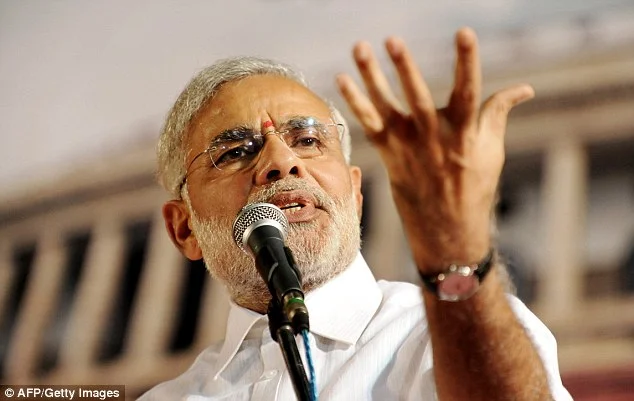
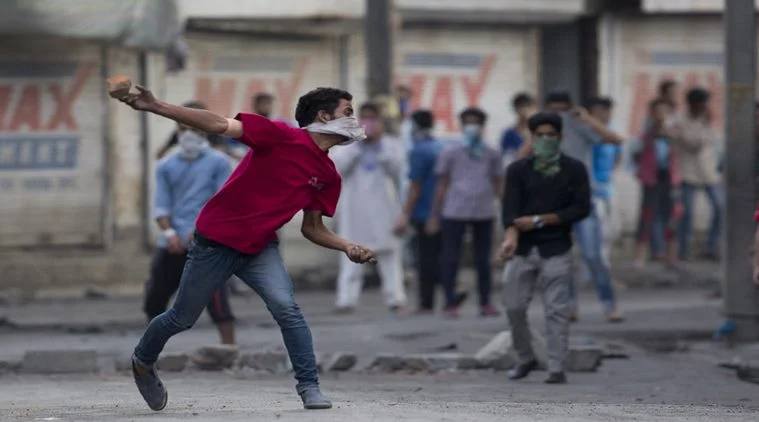
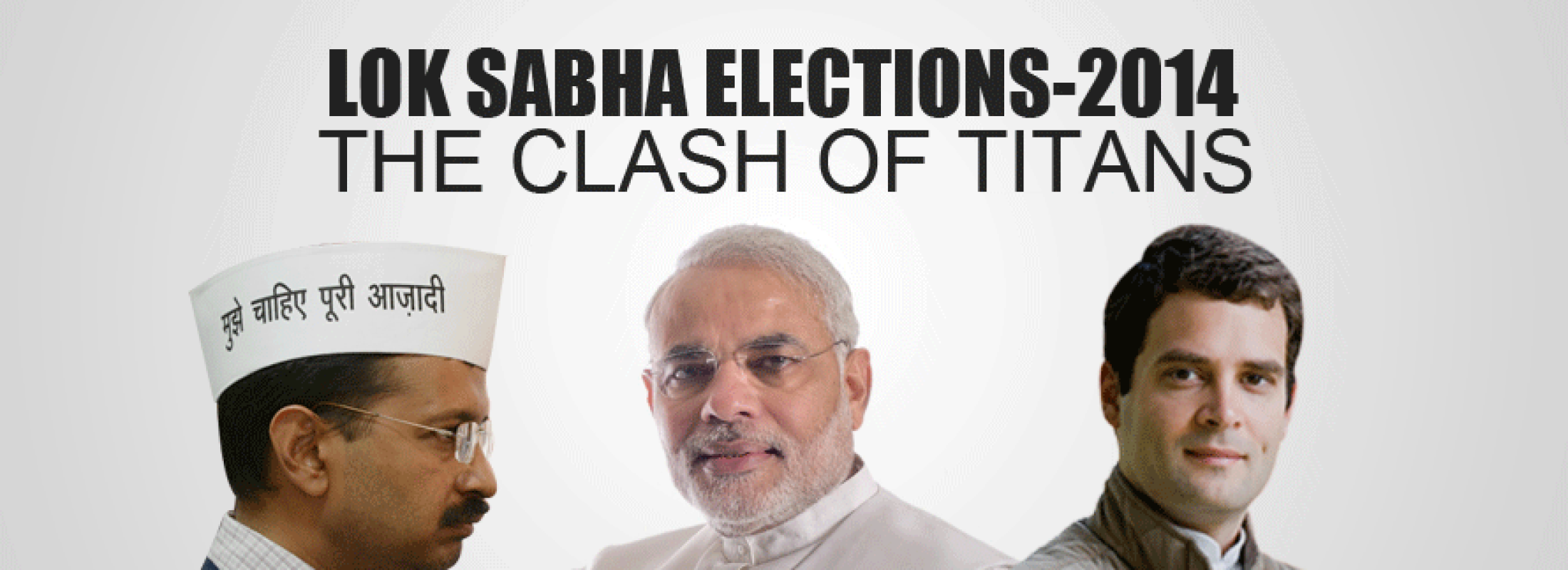
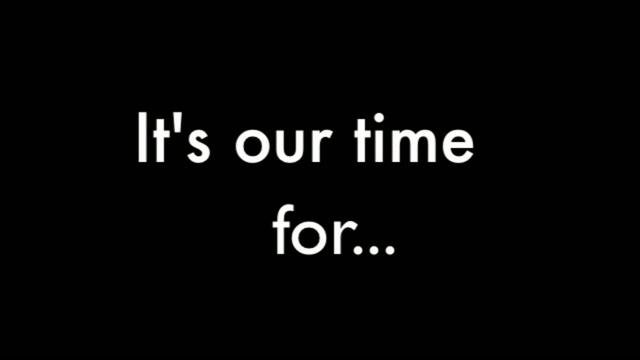

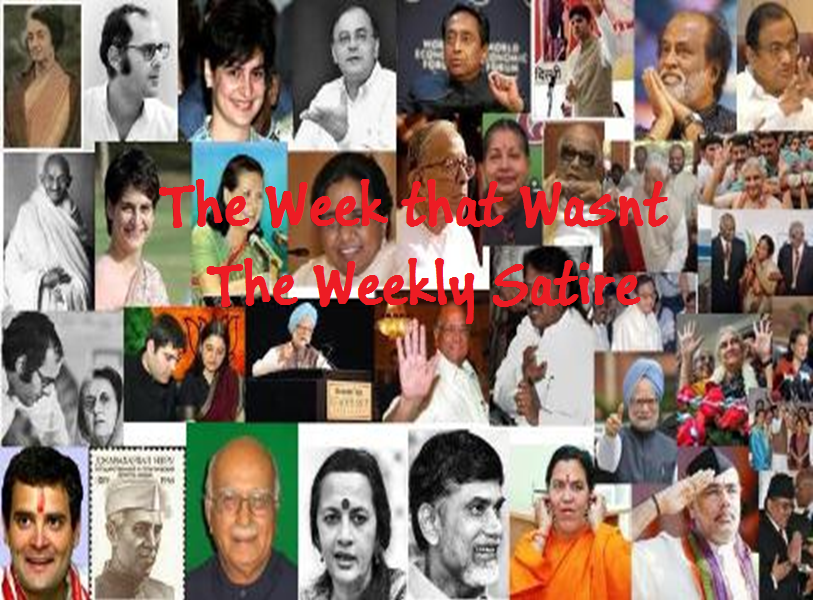

Leave A Comment